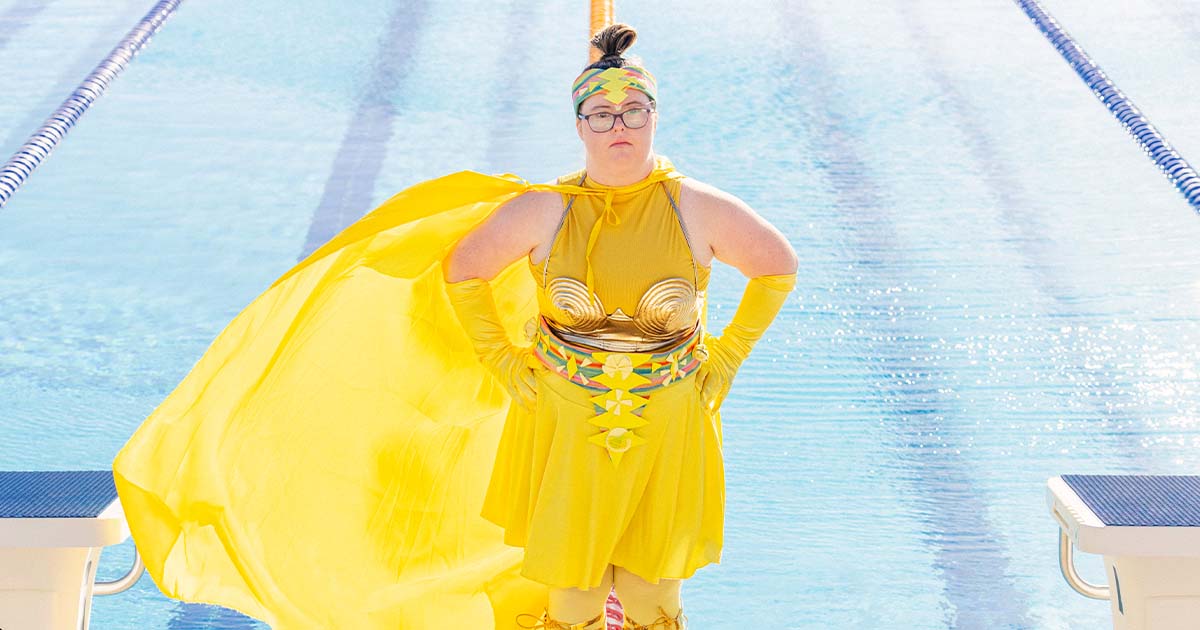As the world marks UNESCO’s International Day of Women and Girls in Science today, the Fisheries Research and Development Corporation (FRDC) is keen to celebrate some of the brilliant female researchers who contribute to the field of fisheries science.
“In Australian fisheries science, many talented women are contributing to blazing the way forward in areas from stock assessments to ecosystem-based modelling and data analysis.” Says FRDC Executive Director, Patrick Hone “Researchers like Cathy Dichmont, Beth Fulton, Bronwyn Gillanders, Emily Ogier, Sue Poole and Nadia Engstrom immediately spring to mind. And the list goes on”.
In the soon-to-be-released Status of Australian Fish Stocks (SAFS), the preeminent report on Australia’s fish sustainability status, about a quarter of the almost 100 scientists involved are women. SAFS is also managed by a female scientist, Carolyn Stewardson.
Nadia Engstrom directs Queensland’s data contributions to SAFS, the results of which will be publicly available on the FRDC’s website.
She is passionate about making data accessible to the public and she counts the creation of the as one of her best achievements to date. QFish presents Queensland’s fisheries resource data in an easily accessible way. It allows anyone to instantly access data about both commercial and recreational fishing.
Nadia Engstrom also leads the Queensland Department of Agriculture and Fisheries teams responsible for collecting, verifying and analysing commercial fishing data. Analysis often reveals the larger story of our dynamic environments and our interactions with them.
“The information really tells stories, which fascinates me,” she says. “You can see the effects of different things and how trends emerge over time.”
“Data is one of the main things feeding into fisheries management decisions; without that information sometimes you’re going in quite blind. It’s so pivotal that people have correct and accurate information to make the right decisions.”
She says providing public access to fisheries data increases transparency in the workings of government. But, more importantly, it allows people to analyse the data themselves and make their own decisions.
Are you passionate about women in science? How are you celebrating this important day? FRDC would love to hear your stories – hit us on Facebook or send us an email








